To provide the best experiences, we use technologies like cookies to store and/or access device information. Consenting to these technologies will allow us to process data such as browsing behaviour or unique IDs on this site. Not consenting or withdrawing consent, may adversely affect certain features and functions.
The technical storage or access is strictly necessary for the legitimate purpose of enabling the use of a specific service explicitly requested by the subscriber or user, or for the sole purpose of carrying out the transmission of a communication over an electronic communications network.
The technical storage or access is necessary for the legitimate purpose of storing preferences that are not requested by the subscriber or user.
The technical storage or access that is used exclusively for statistical purposes.
The technical storage or access that is used exclusively for anonymous statistical purposes. Without a subpoena, voluntary compliance on the part of your Internet Service Provider, or additional records from a third party, information stored or retrieved for this purpose alone cannot usually be used to identify you.
The technical storage or access is required to create user profiles to send advertising, or to track the user on a website or across several websites for similar marketing purposes.
 FUTURE Designs, a UK based designer and manufacturer of luminaires and lighting solutions, obtains the first IMMUNE Building Standard certification in the world for an Industrial Building, awarded by Healthy by Design Building Institute (HDBI). The factory and headquarters achieved the label ‘IMMUNE – Strong’ following the company’s successful implementation of the health and safety set of measures for its employees. More →
FUTURE Designs, a UK based designer and manufacturer of luminaires and lighting solutions, obtains the first IMMUNE Building Standard certification in the world for an Industrial Building, awarded by Healthy by Design Building Institute (HDBI). The factory and headquarters achieved the label ‘IMMUNE – Strong’ following the company’s successful implementation of the health and safety set of measures for its employees. More →





 It’s now a year since we launched IN Magazine and what a year it’s been.
It’s now a year since we launched IN Magazine and what a year it’s been. 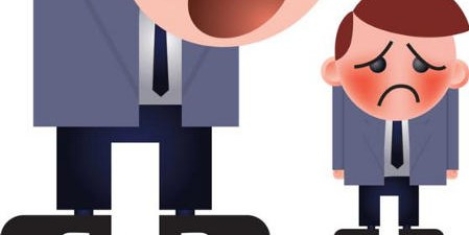
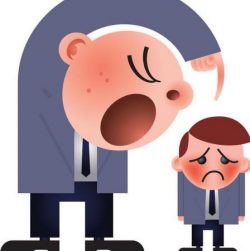 Employees experience more bullying on days with higher work pressure and passive avoidant leadership, finds
Employees experience more bullying on days with higher work pressure and passive avoidant leadership, finds 
 Research from
Research from 
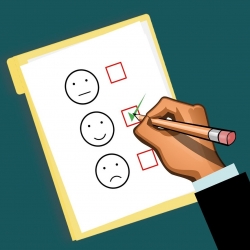

 Skills have become the new currency of workforce and talent strategies, as more than half of organisations that responded to the
Skills have become the new currency of workforce and talent strategies, as more than half of organisations that responded to the 
 Lockdown has meant the majority of UK office-based employees have taken up working from home arrangements over the last year, and it seems that many employers lack trust in their employees when they can’t physically see them. Last year
Lockdown has meant the majority of UK office-based employees have taken up working from home arrangements over the last year, and it seems that many employers lack trust in their employees when they can’t physically see them. Last year 
 It is now a truism that society expects more of business than merely maximising shareholder value.
It is now a truism that society expects more of business than merely maximising shareholder value. 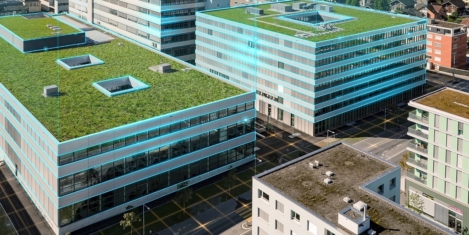
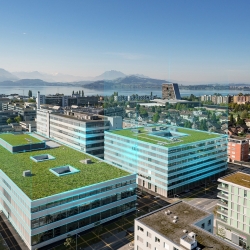 A new survey of many of the world’s leading real estate investors finds that 92 percent of respondents expect demand for healthy buildings to grow in the next three years. The report claims that this is a compelling signal of the direction the real estate sector is heading. This finding, among others, is captured in a report titled
A new survey of many of the world’s leading real estate investors finds that 92 percent of respondents expect demand for healthy buildings to grow in the next three years. The report claims that this is a compelling signal of the direction the real estate sector is heading. This finding, among others, is captured in a report titled 
 The
The 
 Remote workers are still struggling with distracting working environments, stress and an ‘always-on’ culture after a year of working from home. Egress’
Remote workers are still struggling with distracting working environments, stress and an ‘always-on’ culture after a year of working from home. Egress’ 









April 14, 2021
The digital world is not necessarily greener than the physical world
by Neil Franklin • Comment, Environment, Technology